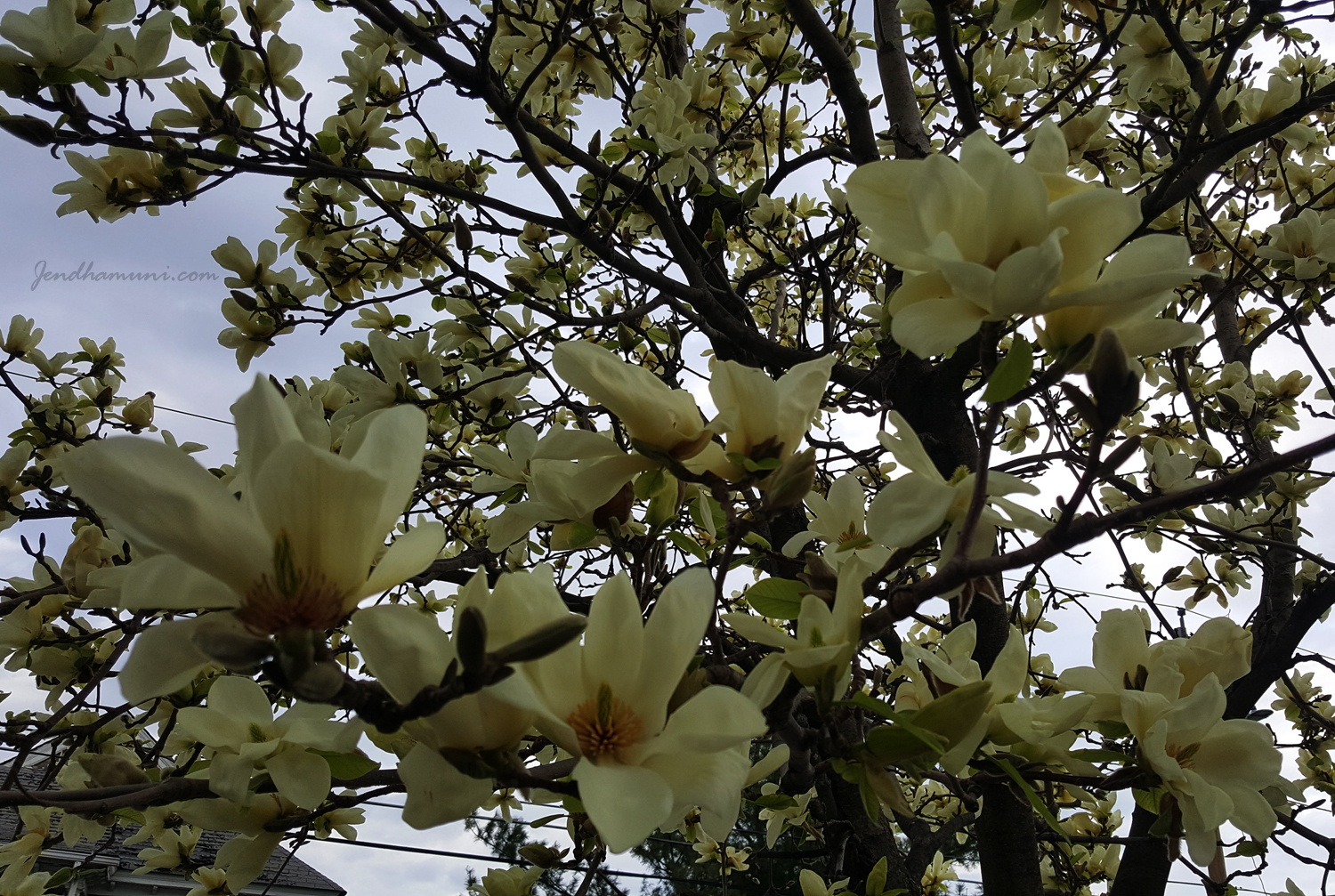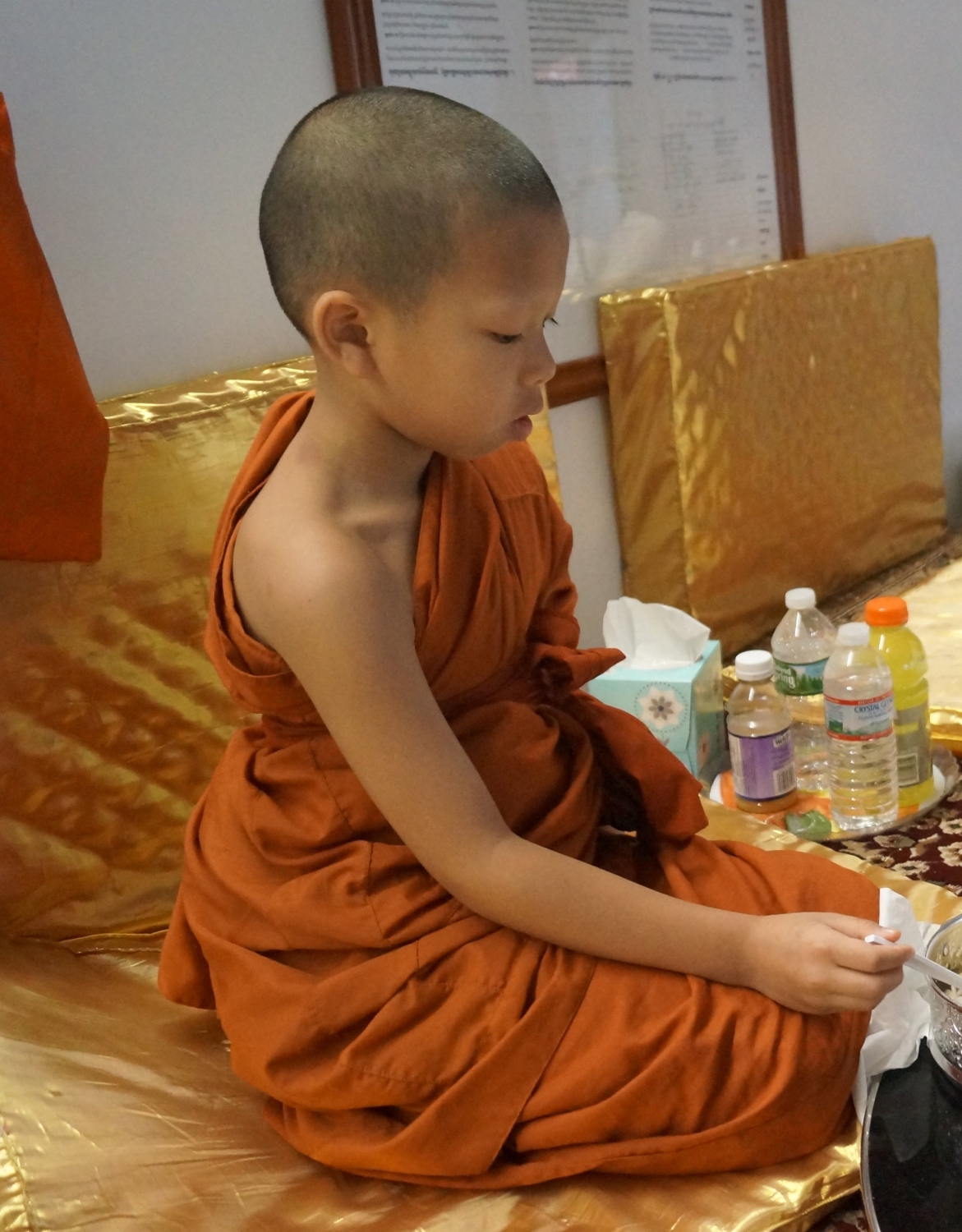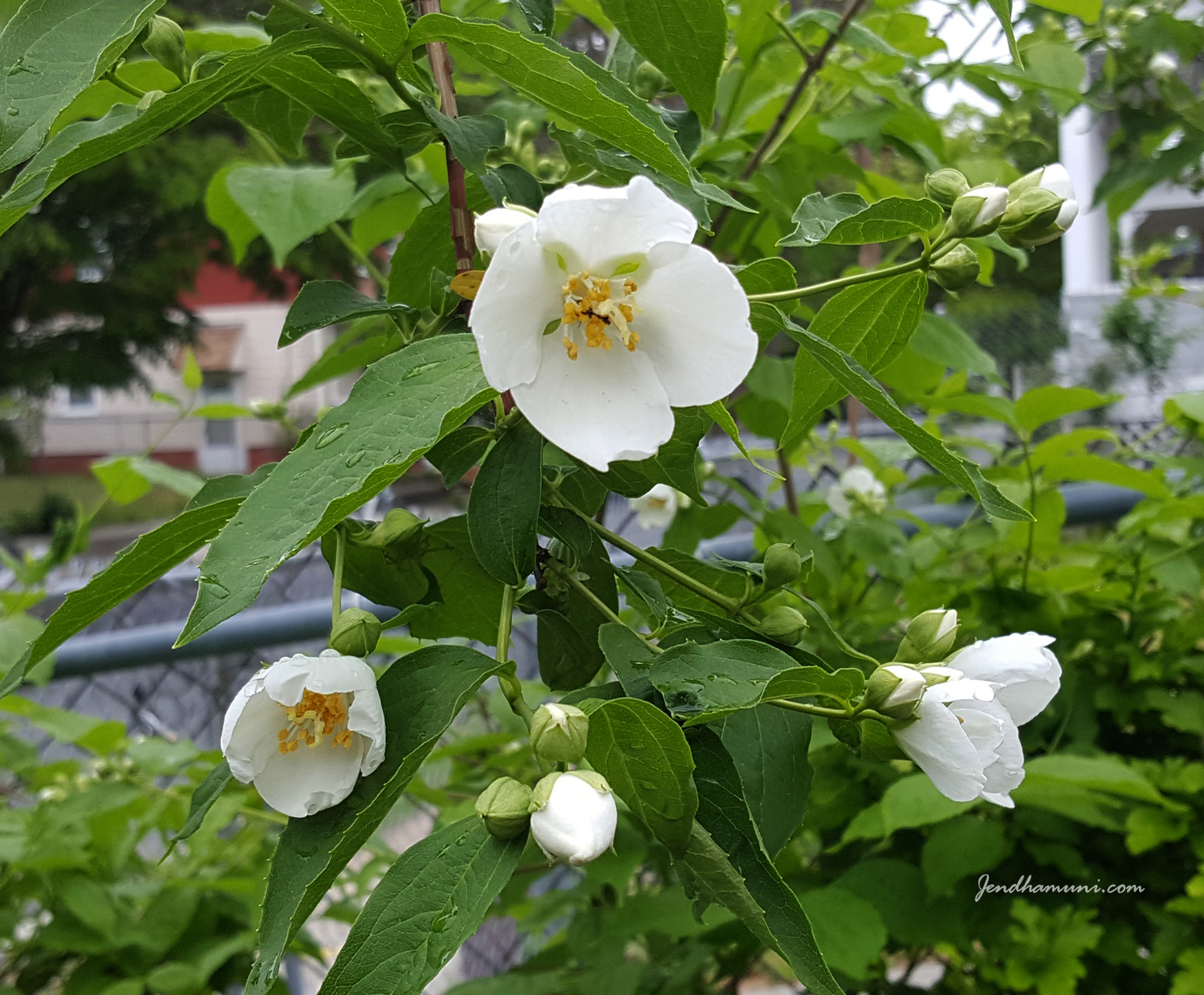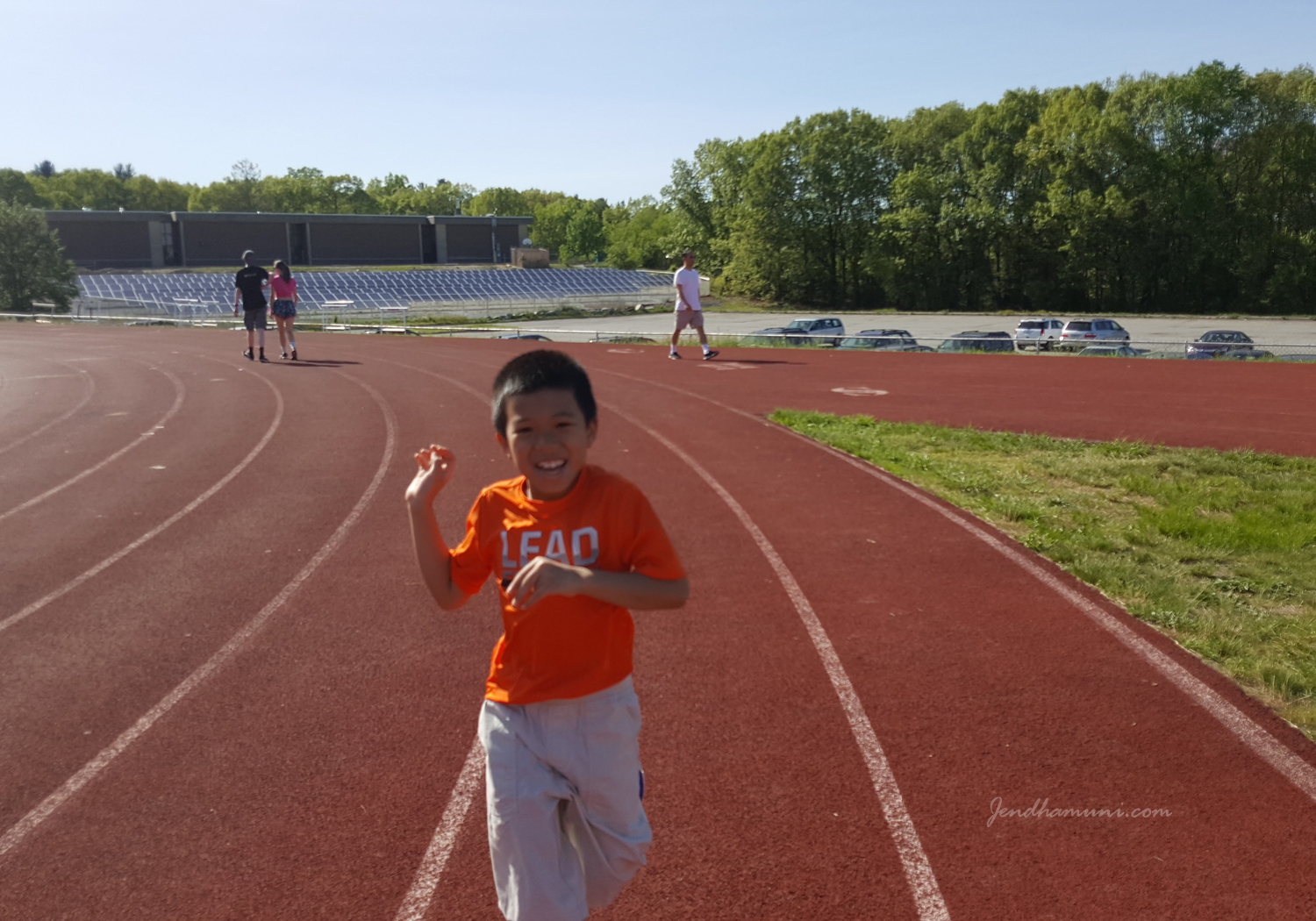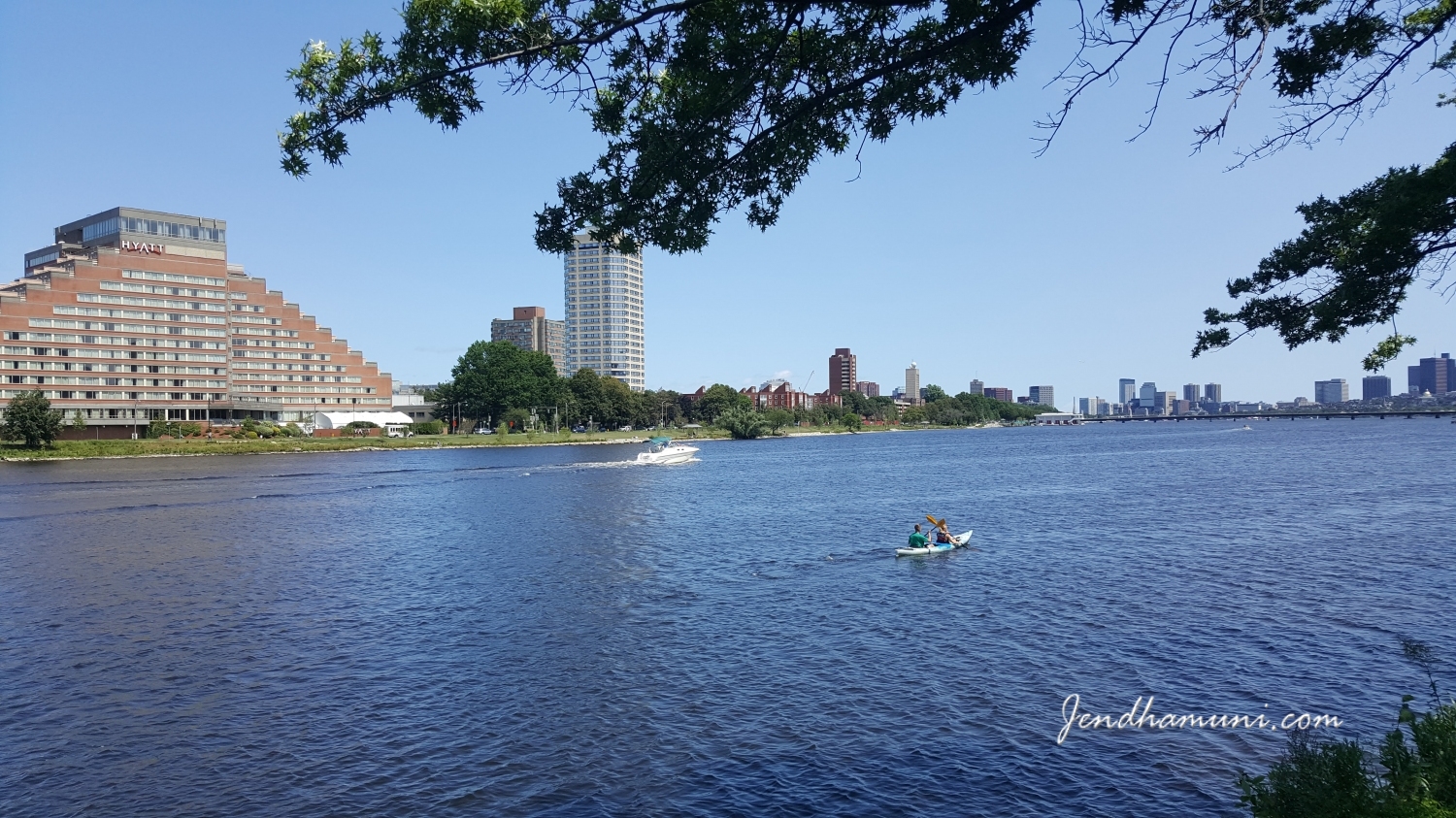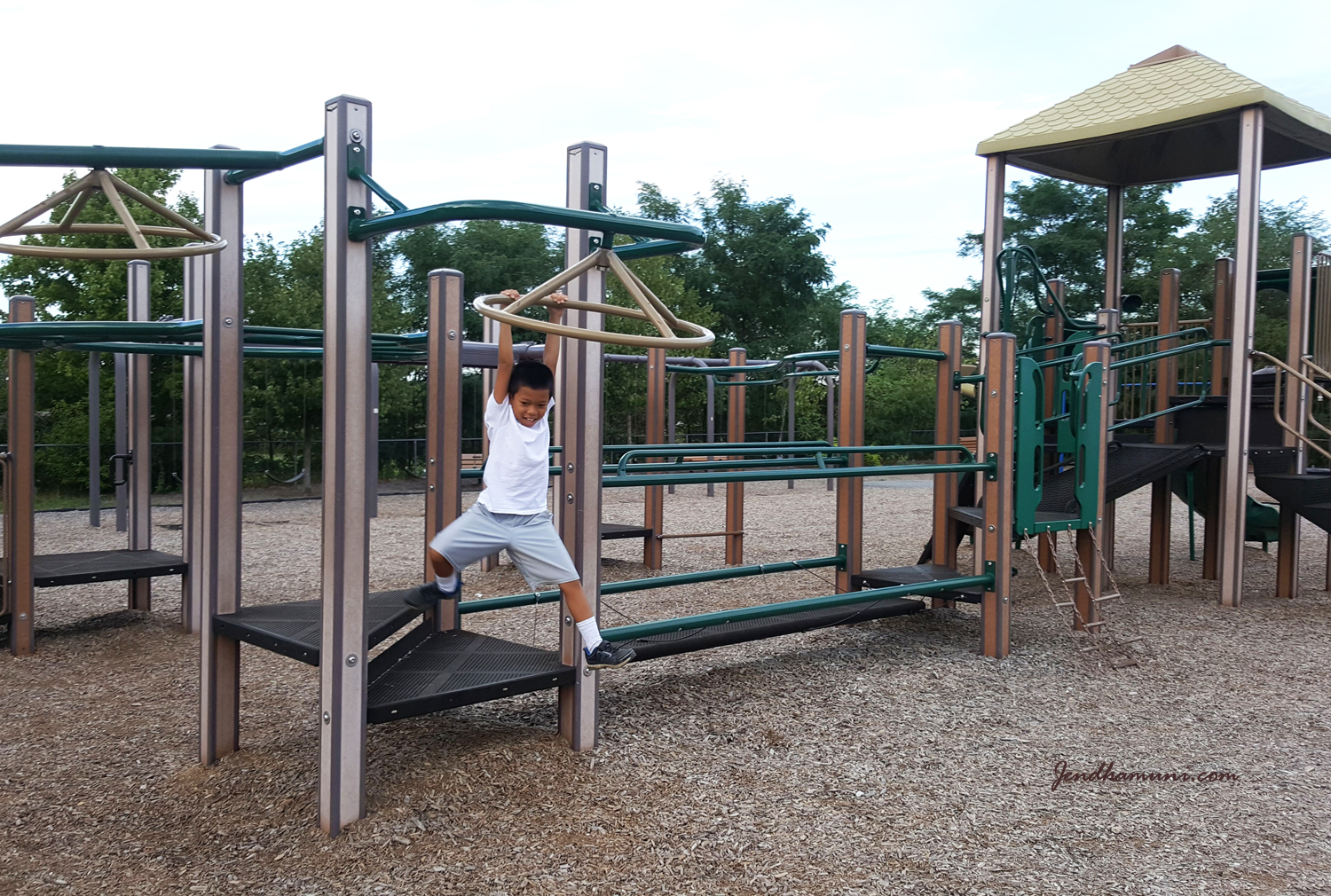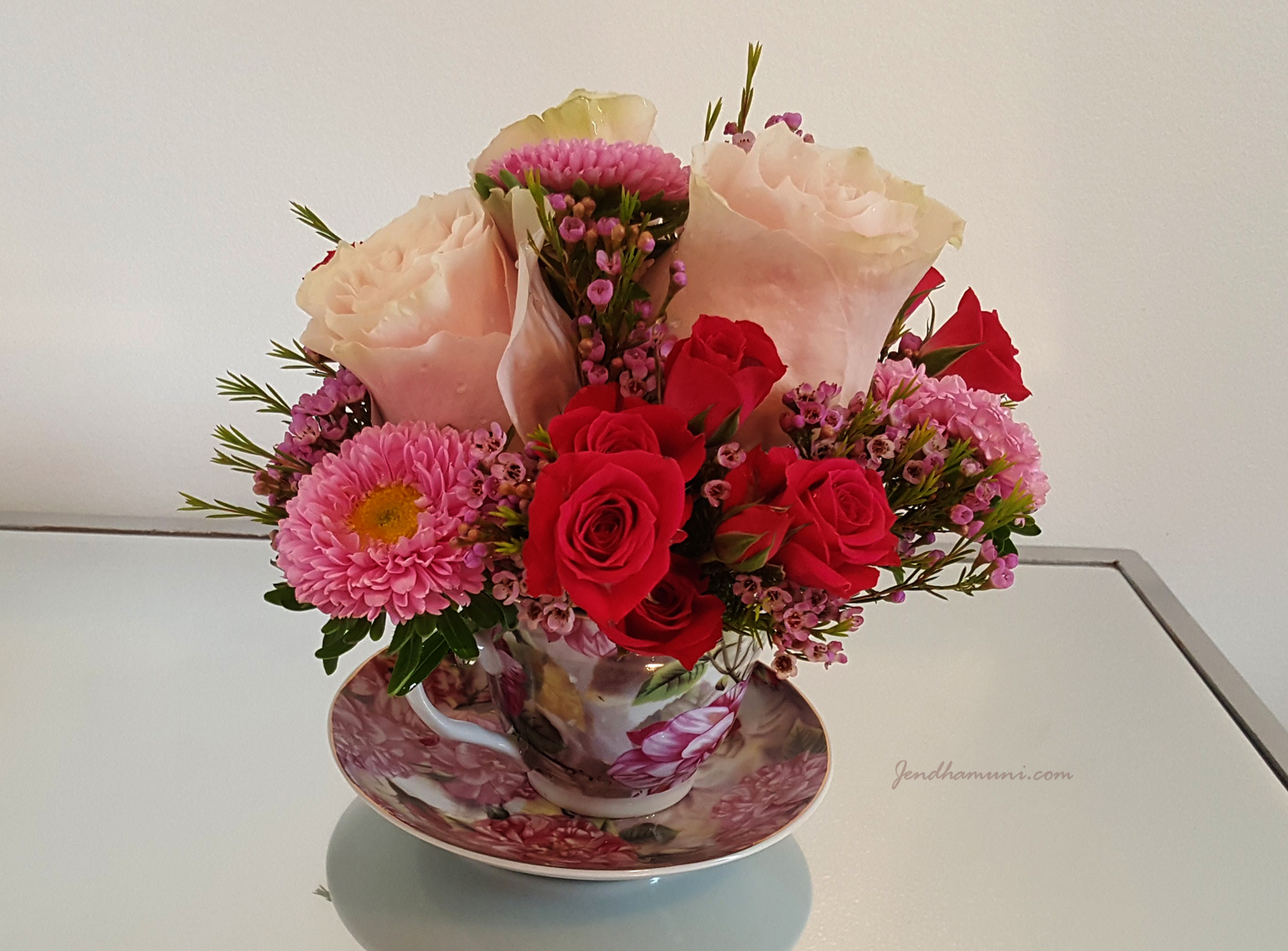-
Comment April 9, 2019
-
Underneath our ordinary lives
Comment April 9, 2019Underneath our ordinary lives, underneath all the talking we do, all the moving we do, all the thoughts in our minds, there’s a fundamental groundlessness. It’s there bubbling along all the time. We experience it as restlessness and edginess. We experience it as fear. It motivates passion, aggression, ignorance, jealousy, and pride, but we never get down to the essence of it. ~ Pema Chodron
-
We lose our sense of the sacredness of life
Comment April 8, 2019 -
The Story of the Question Asked by Jivaka
Comment April 8, 2019Verse 90: For him (an arahat) whose journey is ended, who is free from sorrow and from all (e.g. khandha aggregates), who has destroyed all fetters, there is no more distress.
1. gataddhino: the journey is ended. Here ‘the journey’ means round of rebirths (samsara).
2. sabbaganthappahinassa: one who has destroyed all fetters. Here ‘fetters’ means greed, ill will, and wrong view.
The Story of the Question Asked by Jivaka
While residing at the mango-grove monastery of Jivaka, the Buddha uttered Verse (90) of this book, with reference to the question raised by Jivaka to the Buddha.
Devadatta, on one occasion, tried to kill the Buddha by pushing a big rock from the peak of Gijjhakuta mountain (Vulture’s Peak). The rock struck a ledge on the side of the mountain and a splinter struck the big toe of the Buddha. The Buddha was taken to the mango-grove monastery of Jivaka. There, Jivaka, the renowned physician, attended on the Buddha; he put some medicine on the toe of the Buddha and bandaged it. Jivaka then left to see another patient in town, but promised to return and remove the bandage in the evening. When Jivaka returned that night, the city-gates were already closed and he could not come to see the Buddha that night. He was very upset because if the bandage was not removed in time, the whole body would become very hot and the Buddha would be very ill.
Just about this time, the Buddha asked Thera Ananda to remove the bandage from his big toe and found that the wound was completely healed. Jivaka came to the monastery early next morning and asked the Buddha whether he felt great pain and distress the previous night. The Buddha replied, “Jivaka! Ever since I attained Buddhahood there has been no pain and distress for me.”
Then the Buddha spoke in verse as follows:
Verse 90: For him (an arahat) whose journey is ended, who is free from sorrow and from all (e.g. khandha aggregates), who has destroyed all fetters, there is no more distress.At the end of the discourse many attained Sotapatti Fruition.
Dhammapada Verse 90
Jivakapanha VatthuGataddhino1 Visokassa
vippamuttassa sabbadhi
sabbaganthappahinassa2
parilaho na vijjati.Source: Tipitaka
-
If one were truly aware of the value of human life
Comment April 8, 2019 -
Better it is to live one day …
Comment April 7, 2019 -
Balance – perfect state of still water
Comment April 7, 2019 -
Whether we like it or not
Comment April 6, 2019 -
Letting go is the lesson
Comment April 6, 2019 -
A lily or a rose never pretends
Comment April 5, 2019



